31 African startups selected for Smart Cities Innovation Programme
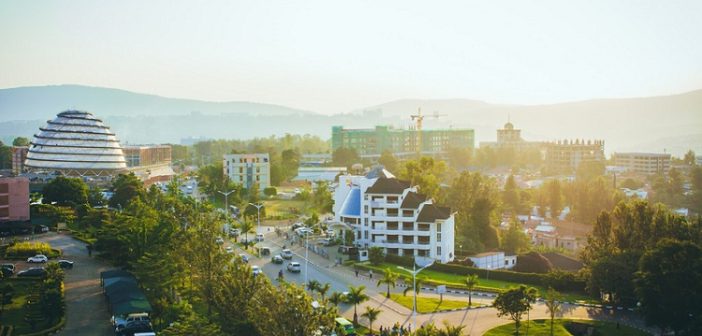
Thirty-one African tech startups have been selected to take part in the Smart Cities Innovation Programme, which will help them scale up their products and services to boost urban transformation.
Launched by the Rwandan Ministry of ICT and Innovation and the Deutsche Gesellschaft fu?r Internationale Zusammenarbeit (GIZ), the six-month Smart Cities Innovation Programme is designed to help African startups scale innovative products which can boost the potential of urbanisation, ensuring smart cities achieve inclusive and sustainable economic growth.
By scaling innovations for smart cities, the programme concretely contributes to Africa’s urban transformation in line with the Sustainable Development Goals. The programme uses Rwanda’s pilot initiative towards green urbanisation, Green City Kigali, as an application case for smart city. By testing and adapting their solutions under realistic market conditions startups work on a viable business opportunity and explore the potential of the Rwandan market.
After more than 300 applications were received for the programme, 31 startups have been selected to take part across three tracks addressing common topics of smart cities – cleantech and smart housing, smart mobility, and fintech for affordability.
The selected startups in the first track include three from Nigeria, namely Scrapays, Koolboks and Gas360, as well as Rwanda’s Urbany Africa, South Africa’s Dove Air, Uganda’s EcoPlastile, and Ivory Coast’s Messibat.
In the smart mobility track, six of the startups are Kenyan: Kiri EV, Mazi Mobility, Instadriver, BasiGo, Smatbeba, e-safiri, and Expendo. The rest of the cohort is made up of Rwandan companies Digital Blind Walking Stick, Gura Universal Link and STES Group, plus Tunisia’s Optimalogistic, Egypt’s Transport for Cairo, Ivory Coast’s EWarren Financial Services, Zimbabwe’s Tuverl, and Uganda’s KaCyber Security Tech.
Kenya (Cladfy, Digiduka), Ghana (Cofundie, Naa Sika), and Uganda (Payclide, Flow) each have two startups in the fintech for affordability track, which also includes Malawi’s Angle Dimension, Zambia’s Insure Pay, and Rwanda’s Mopay.
These startups will receive six months of holistic support including virtual and physical training, individual coaching and mentoring from seasoned experts. They will also get access to the programme’s corporate and public partners as well as investors, allowing for extensive networking and matchmaking.



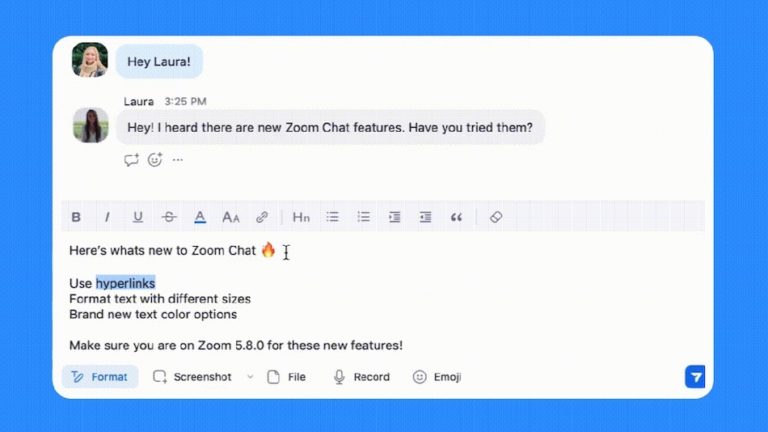
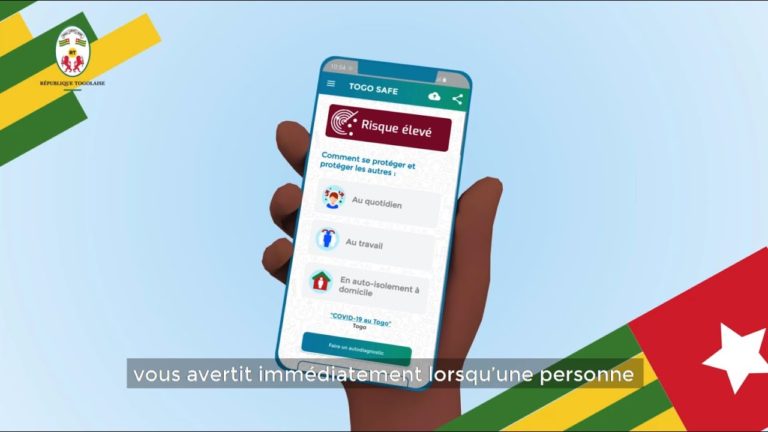
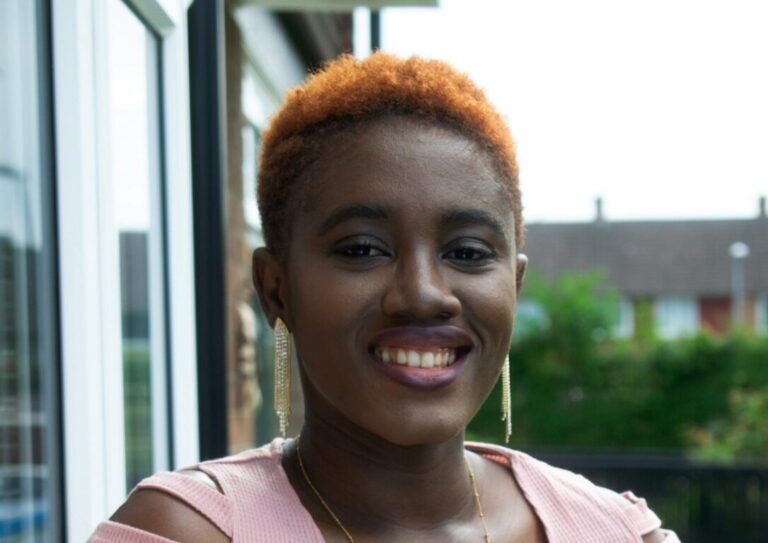
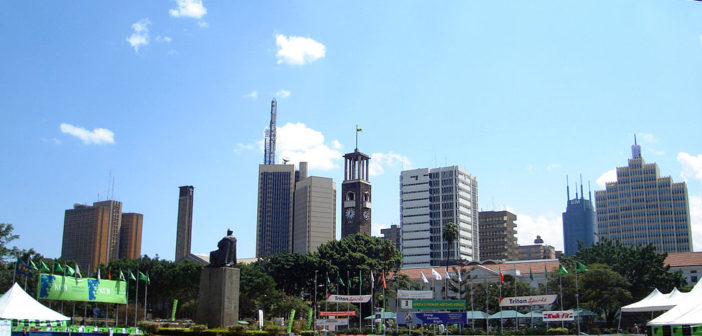

Quite interesting. Thank you for sharing. We have approved your comment for public view.
I produces energy bulb and rechargeable lantern here in Nigeria and my rechargeable lantern products light longer than the imported products. My LinkedIn profile will give you more details.